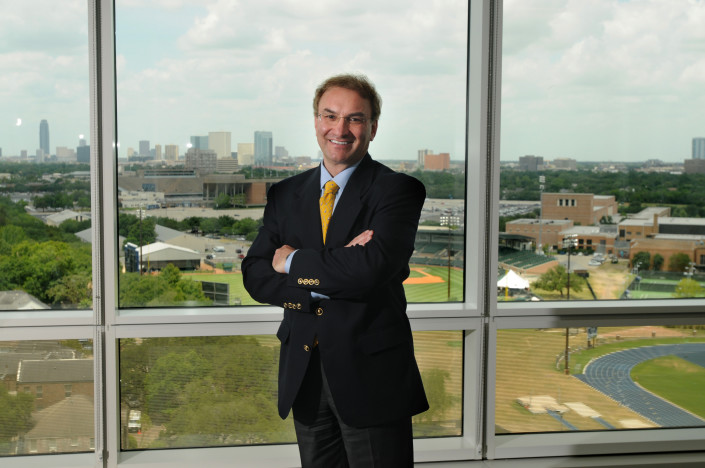Director's Message

| Space is a challenging environment for the human body. With long-duration missions, the physical and psychological stresses and risks to astronauts are significant. Finding answers to these health concerns is at the heart of the National Space Biomedical Research Institute’s program. In turn, the Institute’s research is generating benefits for medical care on Earth. NSBRI, a unique partnership between NASA and the academic and industrial communities, is advancing biomedical research with the goal of ensuring a safe and productive long-term human presence in space. By developing new approaches and countermeasures to prevent, minimize and reverse critical risks to health, the Institute plays an essential, enabling role for NASA. NSBRI bridges the research, technological and clinical expertise of the biomedical community with the scientific, engineering and operational expertise of NASA. With more than 60 science, technology and education projects, the NSBRI engages investigators at leading institutions across the nation to conduct goal-directed, peer-reviewed research in a team approach. Key working relationships have been established with end users, including astronauts and flight surgeons at Johnson Space Center, NASA scientists and engineers, other federal agencies, industry and international partners. The value of these collaborations, and the revolutionary research advances that result, are enormous and unprecedented, with substantial benefits for both the space program and the American people. NSBRI is a leader in countermeasure development and space life sciences education. The results-oriented research and development program is integrated and implemented using focused teams, with scientific and management directives that are innovative and dynamic. An active Board of Directors, External Advisory Council, User Panel and Industry Forum help guide the Institute in achieving its goals and objectives in an era of unparalleled scientific and technological advancement and opportunity. We are excited by the challenges and our collective ability to enhance human health and well-being in space, as well as on Earth.
Jeffrey P. Sutton, M.D., Ph.D. |





